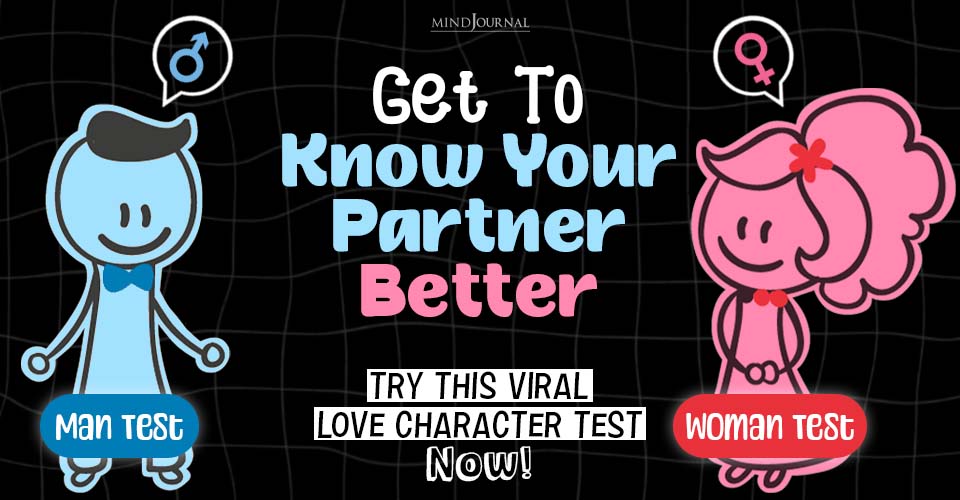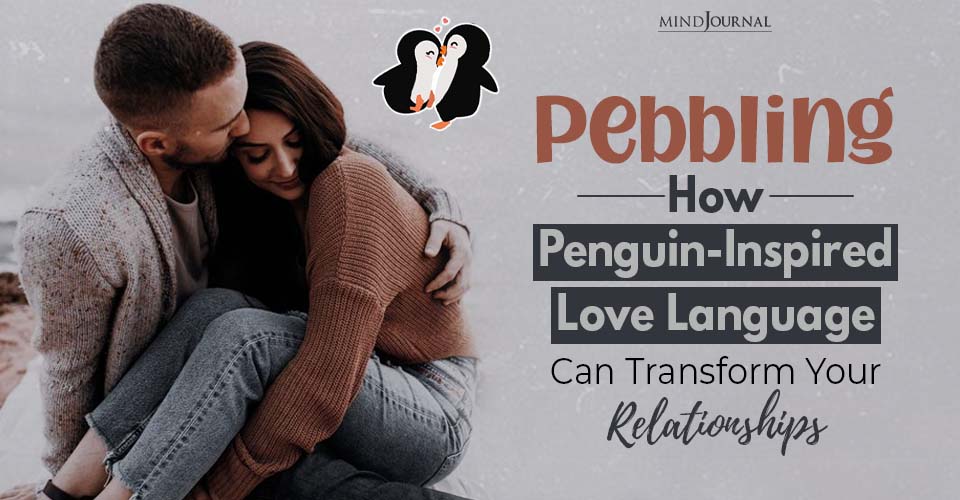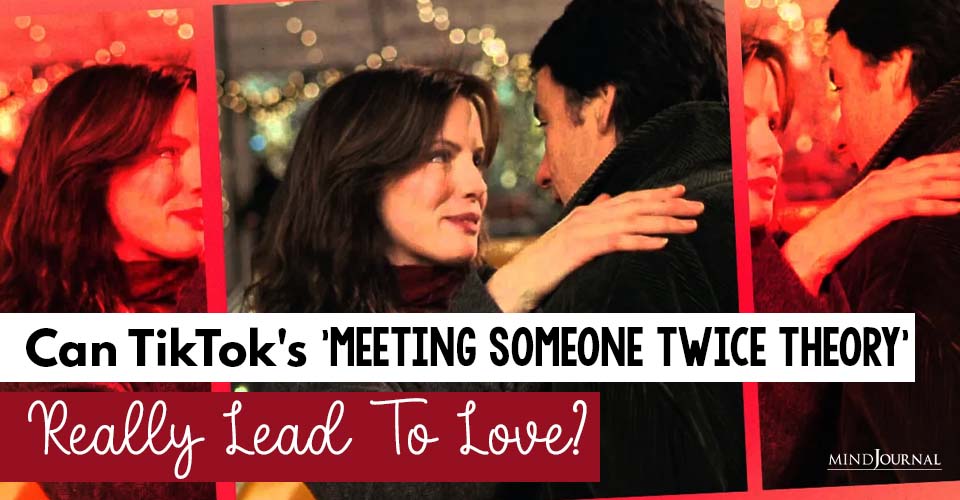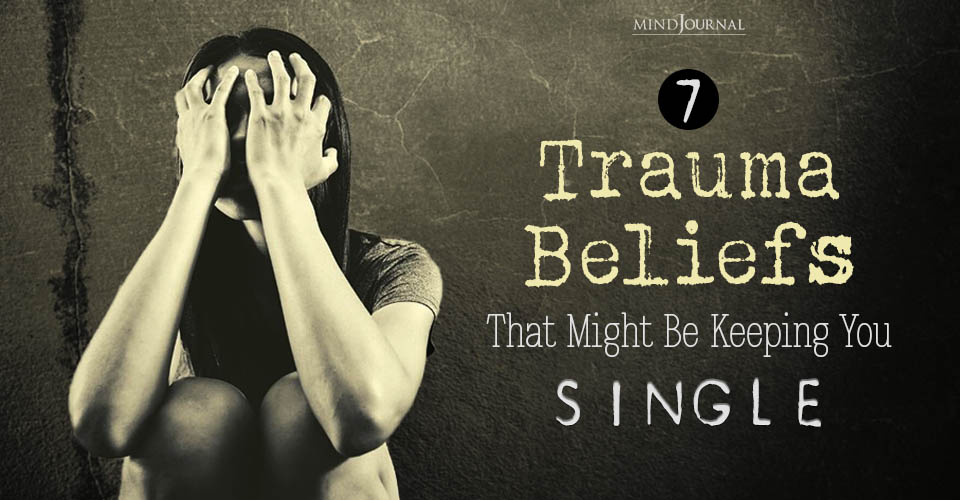New research challenges our belief that intense passion is limited to teenagers.
Written by: Todd B. Kashdan
When you live in suburbia, you cannot avoid the discontent of adults, especially parents. Complaints tend to center on time deficits. Starting with the 35 minutes each morning it takes to toss kids onto each shoulder, stick a toothbrush in their mouths, shove in waffles, and dress them as if you gave birth to mannequins.
I could inundate you with scientific data on how working parents today spend more hours in childcare than stay-at-home parents in the 1950’s. I could offer you the reasons for this sociological shift with additional scientific data. Instead, I read a short story by Simon Rich, who captures the flawed perspectives of modern-day parents. Consider an excerpt from “What goes through my mind when I’m home alone (from my mom’s perspective)”:
Hmm, Mom left me home alone…Ah…dinnertime. There’s a Tupperware container full of pasta in the fridge, but it’s cold! How will I ever heat it up? I guess I’ll just starve and die because I’m not competent enough to warm pasta. Whoa! A note telling me to put the container in the microwave and press EASY MINUTE! Thanks, note! You saved my life.
I regularly comment on how adults underestimate the intelligence of kids. Unless you yourself are interested in the answer, don’t ask my kids, “How’s school?” Now, if you want to ask them whether they thought Jordan Peele’s Us had a more powerful political message than Get Out, or what makes Billie Eilish stand out from other musicians or their ideal country to live in besides the United States, you might get their attention. Our misconception of kids’ intelligence has downstream consequences—and I am not talking about consequences for the kids, but for adults hoping to live their lives alongside being parents.
This brings me to the science of love. Yes, you can measure love. Not perfectly, but it can be measured. You already know this because you can rank order your neighbours in terms of how much you think they are still in love with each other, and offer compelling rationales. But the reason I want to talk about love now is that we have been sold a storyline that romantic love inevitably fades in long-term relationships. Intimacy strengthens. Friendship strengthens. But romance? That’s for teenagers carrying little black books filled with poems.

A few scientists recently questioned whether this downward slide is real, and if so, how common it is. And, for those couples that maintain romantic, passionate love, how are they different from others?
My first mentor in psychology, Arthur Aron, and his colleagues, Bianca Acevedo, Dan O’Leary, and others found a few answers.
Take a guess: How common is it for people in relationships lasting at least a decade to report still being very intensely in love? Zero? Maybe it just doesn’t happen. Two to three percent? A rare, exotic occurrence is worthy of a zoo exhibit. Twenty to twenty-five percent? A decent sized chunk of couples pulled it off. Or is it even more common yet kept under wraps from the rest of society?
If you guessed that the incidence was greater than 25%, give yourself license to suck on a Frisbee-sized stroopwafel without guilt. In a nationally representative sample of adults in the United States, of the 274 who were married, 46.3% of women and 49% of men reported being “very intensely in love.”
Also read 8 Psychology-Based Signs Someone Secretly Has A Crush On You
The results did change accordingly to how long you’ve been married, with the big dip in intense love occurring in the 10-to-20-year window—maybe just when kids have emerged, sucking every iota of energy and time their parents have available. Or are the parents the problem? (See figure below.)
At a time when scientists realize that findings should not be trusted until replicated, these researchers conducted a second study to alleviate any skepticism. In the second study, 807 random adults from New York were interviewed and of the 396 who were married, 33.3% said they were “intensely in love.” Just as in the first study, people married less than 10 years felt more romantic love than those lasting two decades, three decades, or more.

This is when you should ask the fundamental question: Why should I care? I’ll tell you why. These three behaviors had the strongest links to ratings of love intensity:
1. I spend time almost every day with my partner in pleasant activities like cooking together, watching TV, or walking together.
2. I sense my body responding when my partner touches me.
3. I sometimes find it difficult to concentrate because thoughts of my partner occupy my mind.

Sounds good, right? Especially the first two. The third is a bit strange, as I really do want to fit in my chest workout, check out the blue herons while stand-up paddleboarding, and get some writing done.
Also read Choosing the Wrong Partner: 7 Reasons We Settle for Less Than We Deserve
But there’s more: People feel that they grow more as a person after pairing up with partners who provide an avenue for regular, intense love. Their knowledge, wisdom, social network, values, philosophies, and perspective of themselves and their world expand. They become bigger, better, and stronger because of their ability to extract the awesomeness of their partner as well as share their life of accumulations with them.
Pay attention to your kids. Watch March Madness games. Go for hikes, drinks, and world travels with your friends. And when you ask the question, “Does a long-term relationship kill romantic love?” remember that for a sizable minority of people, the answer is no. So, since you are not doomed, invest your time and energy with your romantic partner more wisely.
Please share this article with anyone who you may think will find it valuable and helpful.
Originally appeared on: Psychology Today Republished with permission










Leave a Reply